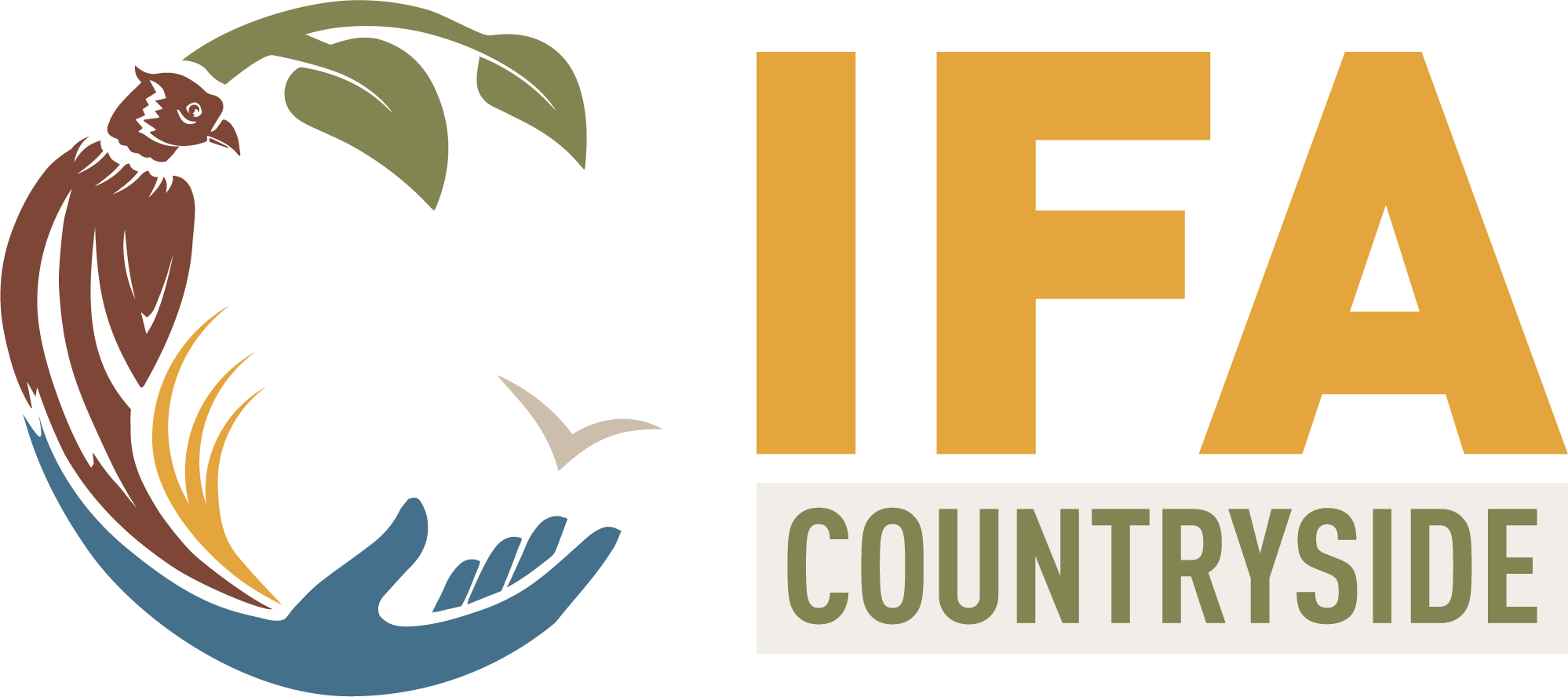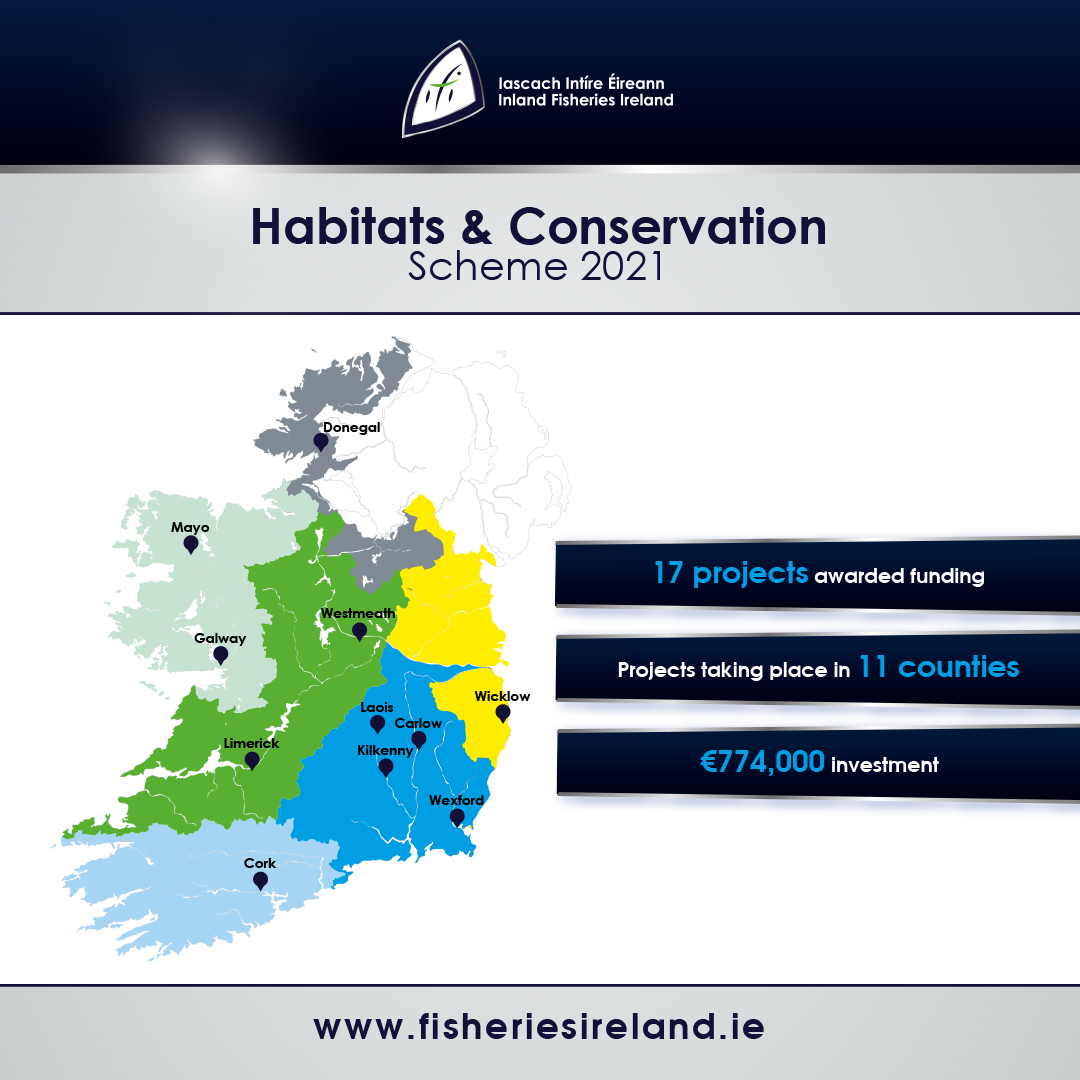
by Barbara Killeen | Aug 19, 2021 | Angling, aquaculture, Biodiversity, Fishing
Minister Ryan welcomes funding announcement for conservation projects in Carlow, Cork, Donegal, Galway, Kilkenny, Laois, Limerick, Mayo, Wexford, Westmeath and Wicklow Inland Fisheries Ireland, the state agency with responsibility for the protection and conservation...
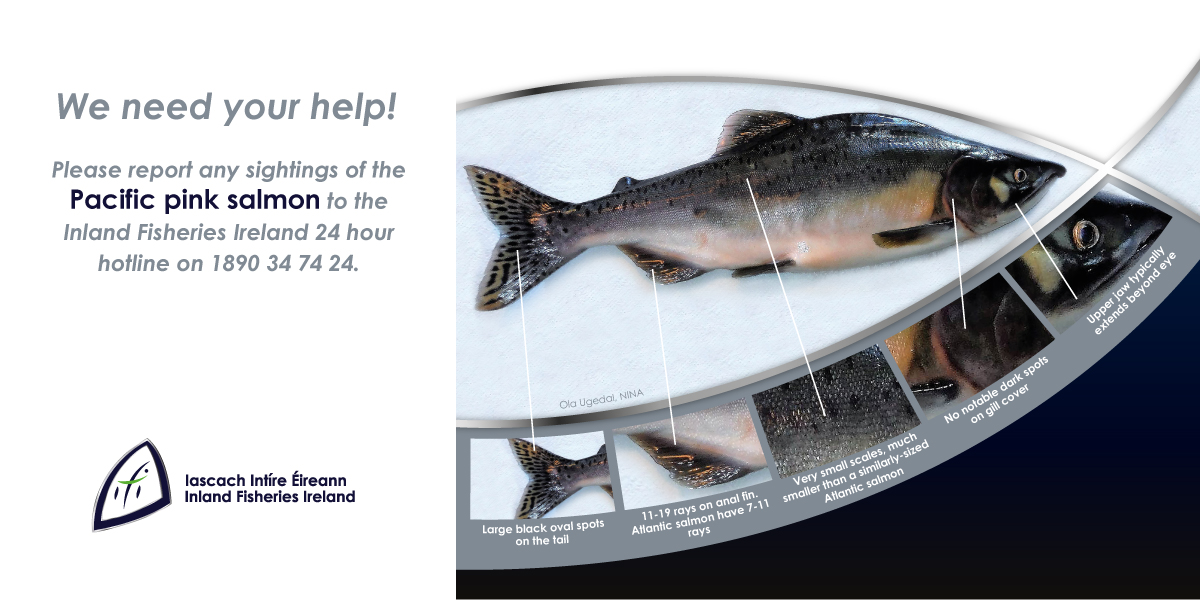
by Barbara Killeen | Jul 6, 2021 | Angling, aquaculture, Biodiversity, Climate, Fishing
Inland Fisheries Ireland (IFI), the state agency responsible for the protection and conservation of freshwater fish and habitats, has issued an alert, asking the angling community and general public to report any sightings of Pacific pink salmon. Also known as...
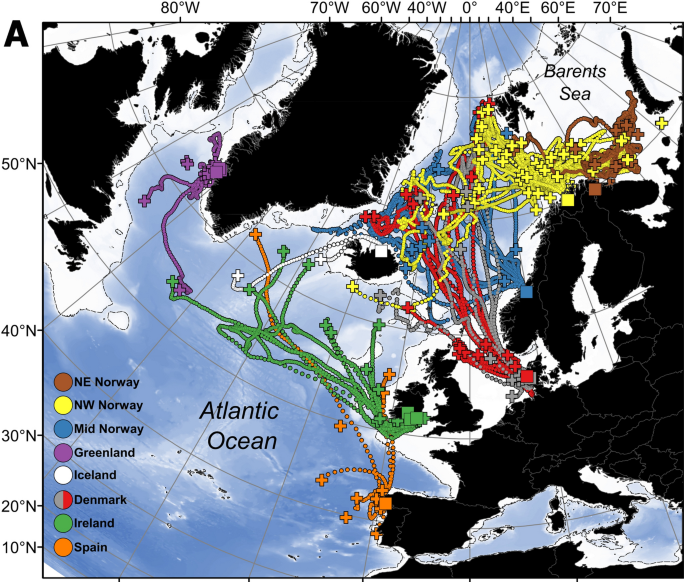
by Barbara Killeen | Jun 17, 2021 | aquaculture, Biodiversity, Climate, Fishing
Inland Fisheries Ireland involved in major international research study, tracking salmon from Barrow, Nore, Suir and Blackwater Rivers A new study published in the NATURE Journal this month, Scientific Reports, reveals the marine migration route of Atlantic salmon in...
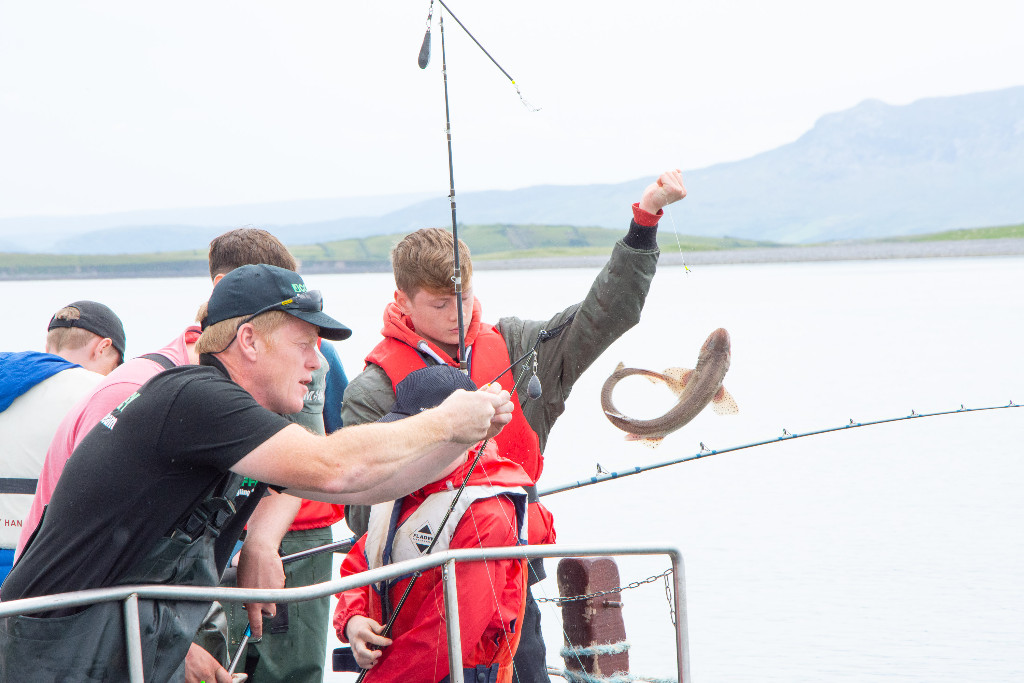
by Barbara Killeen | Jun 10, 2021 | aquaculture, Fishing
Inland Fisheries Ireland opens 2021 Sponsorship Programme Initiatives which support novice anglers and sustainable angling tourism are “key priorities” for funding in 2021 Angling clubs, groups and associations all over Ireland invited to apply for funding ahead of...
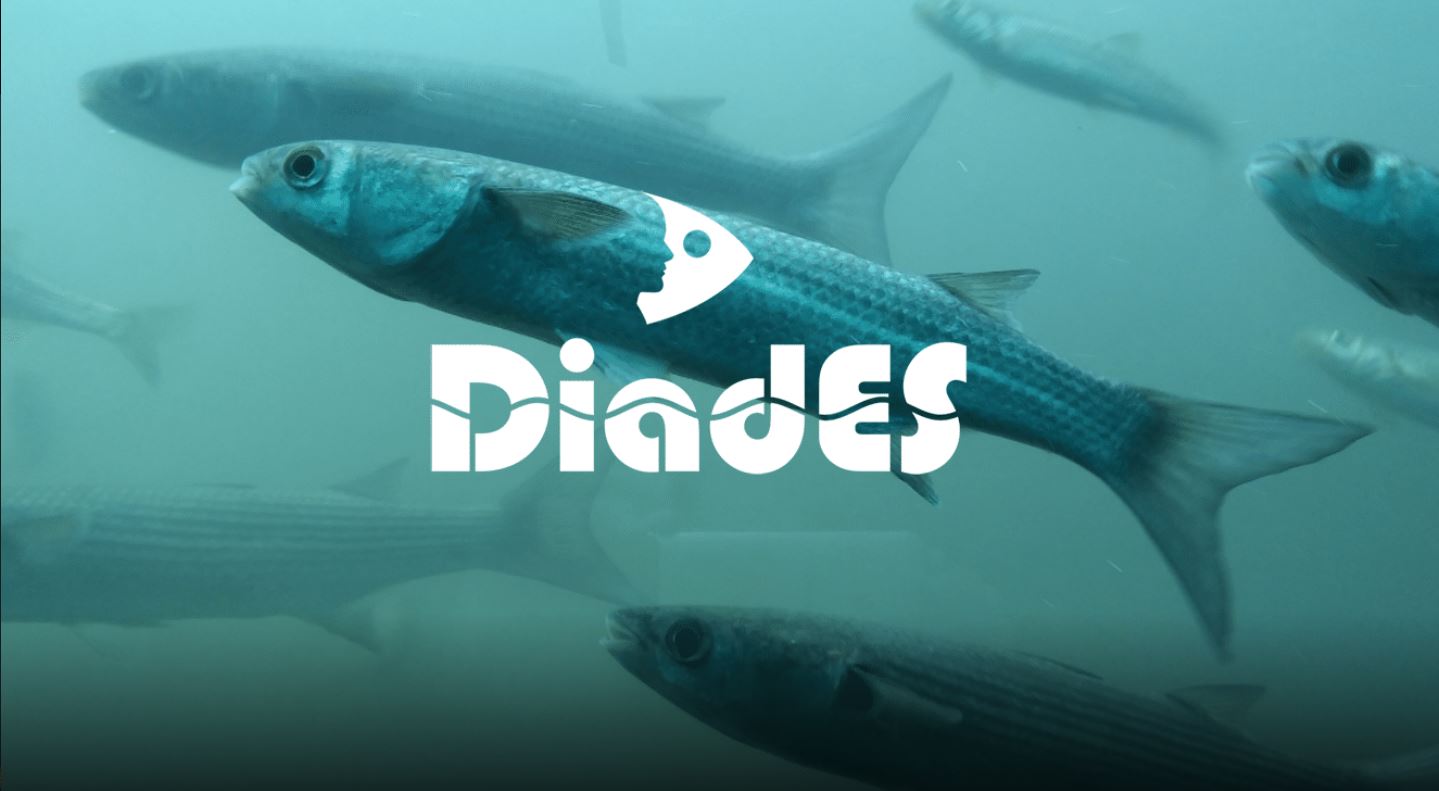
by Barbara Killeen | Jun 1, 2021 | aquaculture, Fishing
Inland Fisheries Ireland (IFI) is carrying out a new survey about less well-known fish species. Some migratory fish species like salmon, and lesser-known species such as shad and the extremely rare sturgeon amongst others, are in decline in many European countries....
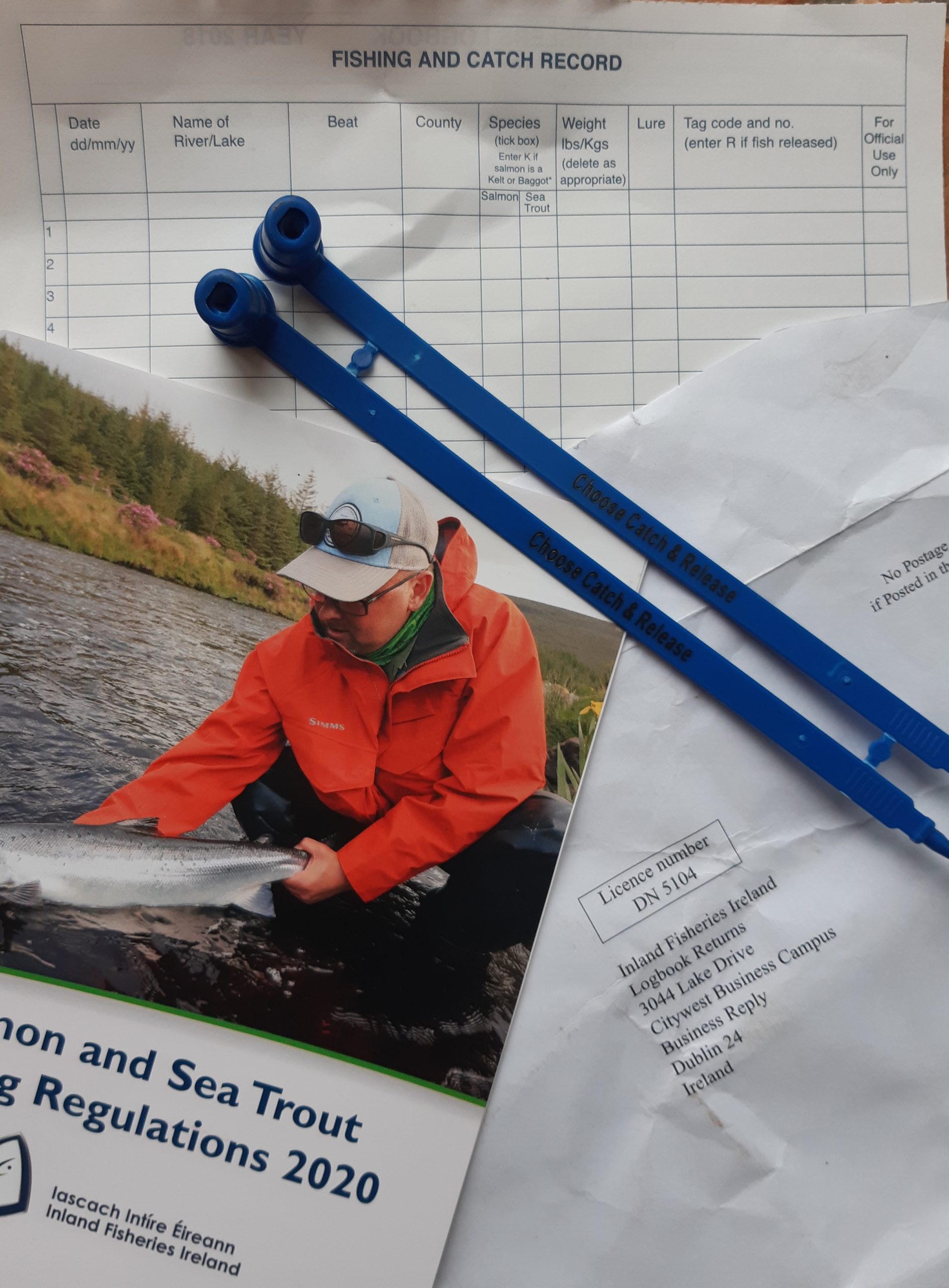
by Barbara Killeen | Apr 27, 2021 | aquaculture, Fishing
Monday, 26th of April 2021: Inland Fisheries Ireland is requesting all salmon and sea trout anglers who have not returned last seasons (2020) angling logbook and unused gill tags to do so immediately. The logbooks and unused gill tags are necessary to provide vital...







